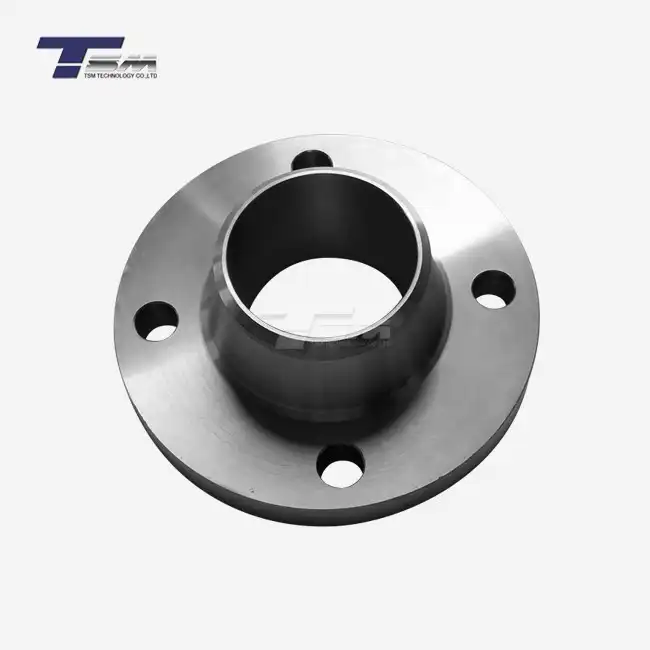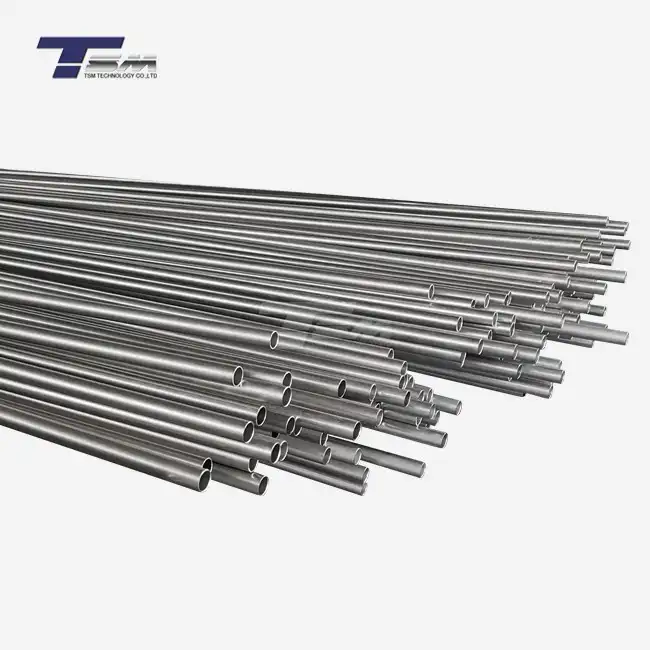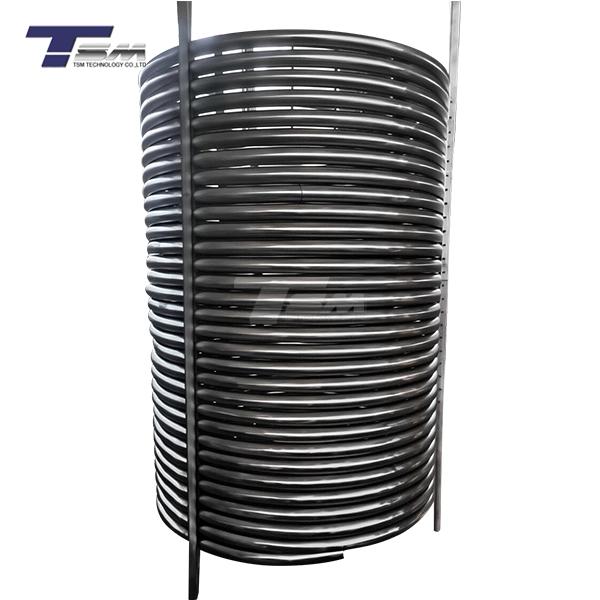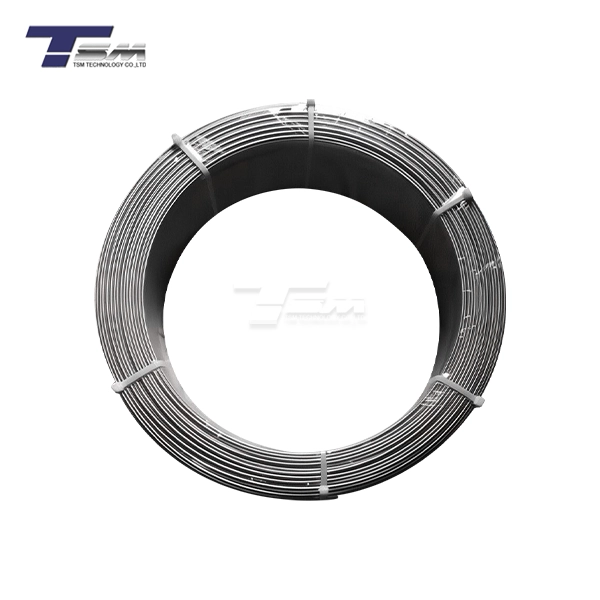- English
- French
- German
- Portuguese
- Spanish
- Russian
- Japanese
- Korean
- Arabic
- Greek
- German
- Turkish
- Italian
- Danish
- Romanian
- Indonesian
- Czech
- Afrikaans
- Swedish
- Polish
- Basque
- Catalan
- Esperanto
- Hindi
- Lao
- Albanian
- Amharic
- Armenian
- Azerbaijani
- Belarusian
- Bengali
- Bosnian
- Bulgarian
- Cebuano
- Chichewa
- Corsican
- Croatian
- Dutch
- Estonian
- Filipino
- Finnish
- Frisian
- Galician
- Georgian
- Gujarati
- Haitian
- Hausa
- Hawaiian
- Hebrew
- Hmong
- Hungarian
- Icelandic
- Igbo
- Javanese
- Kannada
- Kazakh
- Khmer
- Kurdish
- Kyrgyz
- Latin
- Latvian
- Lithuanian
- Luxembou..
- Macedonian
- Malagasy
- Malay
- Malayalam
- Maltese
- Maori
- Marathi
- Mongolian
- Burmese
- Nepali
- Norwegian
- Pashto
- Persian
- Punjabi
- Serbian
- Sesotho
- Sinhala
- Slovak
- Slovenian
- Somali
- Samoan
- Scots Gaelic
- Shona
- Sindhi
- Sundanese
- Swahili
- Tajik
- Tamil
- Telugu
- Thai
- Ukrainian
- Urdu
- Uzbek
- Vietnamese
- Welsh
- Xhosa
- Yiddish
- Yoruba
- Zulu
Does Monel 400 Tube Rust?
Monel 400 tube, a versatile nickel-copper alloy, exhibits exceptional resistance to corrosion and rusting. Unlike conventional steel pipes, Monel 400 tubing does not rust in the traditional sense. Its unique composition, primarily consisting of nickel (63-70%) and copper (28-34%), forms a protective oxide layer when exposed to air or water. This self-healing barrier effectively shields the underlying material from further oxidation, preventing the formation of rust. Monel 400 pipe maintains its integrity in various environments, including seawater, acidic conditions, and high-temperature applications. While it may develop a thin patina over time, this surface change does not compromise the structural integrity or performance of the alloy, making Monel 400 an ideal choice for industries requiring durable, corrosion-resistant materials.
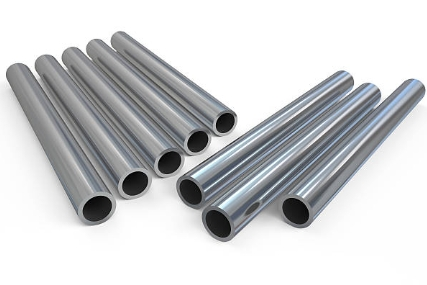
The Composition and Properties of Monel 400 Tubing
Chemical Makeup of Monel 400
Monel 400 is a binary alloy, predominantly composed of nickel and copper. This unique combination imparts exceptional properties to the material. The typical composition includes:
- Nickel: 63-70%
- Copper: 28-34%
- Iron: 2.5% maximum
- Manganese: 2% maximum
- Silicon: 0.5% maximum
- Carbon: 0.3% maximum
The precise balance of these elements contributes to Monel 400's remarkable corrosion resistance and mechanical strength.
Physical and Mechanical Characteristics
Monel 400 pipe boasts an impressive array of physical and mechanical properties:
- Density: 8.80 g/cm³
- Melting Range: 1300-1350°C (2372-2462°F)
- Tensile Strength: 550-690 MPa
- Yield Strength: 240-345 MPa
- Elongation: 35-60%
- Hardness: 110-150 Brinell
These attributes make Monel 400 pipe an excellent choice for applications requiring both strength and durability.
Corrosion Resistance Profile
The corrosion resistance of Monel 400 is truly remarkable. It demonstrates excellent resistance to:
- Seawater and marine environments
- Sulfuric and hydrofluoric acids
- Alkaline solutions
- Chlorine gas and chloride-containing media
- High-temperature oxidation
This exceptional corrosion resistance stems from the formation of a thin, adherent oxide film on the surface, which acts as a barrier against further corrosion.
The Science Behind Monel 400's Rust Resistance
Passivation Process
The key to Monel 400's rust resistance lies in its passivation process. When exposed to oxygen, a thin, invisible layer of oxide forms on the surface of the alloy. This passive film is primarily composed of nickel and copper oxides, which are highly stable and adherent to the underlying metal.
The passivation process occurs spontaneously and continuously, ensuring that even if the surface is scratched or damaged, a new protective layer quickly forms. This self-healing property is crucial in maintaining the alloy's corrosion resistance over extended periods.
Electrochemical Behavior
From an electrochemical perspective, Monel 400 exhibits noble behavior in many environments. Its high nickel content contributes to a more positive electrochemical potential, making it less susceptible to oxidation reactions that lead to corrosion.
In galvanic couples, Monel tubing is often cathodic to many other metals, further enhancing its resistance to corrosion. This characteristic is particularly beneficial in marine applications, where galvanic corrosion can be a significant concern.
Role of Alloying Elements
The carefully balanced composition of Monel 400 plays a crucial role in its corrosion resistance:
- Nickel: Provides the base for corrosion resistance and contributes to the formation of a stable passive film.
- Copper: Enhances resistance to reducing environments and improves the alloy's resistance to chloride stress corrosion cracking.
- Iron: In small amounts, it improves mechanical properties without significantly affecting corrosion resistance.
- Manganese: Aids in deoxidation during the manufacturing process and contributes to improved hot workability.
The synergistic effect of these elements results in an alloy that outperforms many other materials in terms of corrosion resistance.
Applications and Advantages of Monel 400 Tubing
Industrial Applications
Monel 400 tube finds extensive use in various industries due to its exceptional properties:
- Chemical Processing: In the production of acids, alkalis, and other corrosive chemicals.
- Oil and Gas: For offshore platforms, pipelines, and refinery equipment.
- Marine Engineering: In seawater cooling systems, propeller shafts, and pump components.
- Food Processing: For equipment handling acidic foods and beverages.
- Aerospace: In aircraft engine components and fuel systems.
The versatility of Monel 400 pipe makes it an invaluable material across these diverse sectors.
Comparative Advantages
When compared to other materials, Monel 400 tube offers several distinct advantages:
- Superior Corrosion Resistance: Outperforms many stainless steels in chloride-rich environments.
- High Strength-to-Weight Ratio: Provides excellent mechanical properties while maintaining relatively low weight.
- Thermal Stability: Maintains its properties over a wide temperature range, from cryogenic to elevated temperatures.
- Non-Magnetic Properties: Useful in applications where magnetic interference is a concern.
- Ease of Fabrication: Can be readily welded, formed, and machined using conventional techniques.
These advantages make Monel 400 a preferred choice in critical applications where reliability and longevity are paramount.
Cost-Benefit Analysis
While the initial cost of Monel 400 tubing may be higher than some alternatives, its long-term benefits often justify the investment:
- Extended Service Life: The superior corrosion resistance translates to longer operational lifespans, reducing replacement frequency.
- Reduced Maintenance: The alloy's durability minimizes the need for frequent inspections and repairs.
- Improved Safety: The reliability of Monel 400 reduces the risk of failures in critical systems, enhancing overall safety.
- Energy Efficiency: The alloy's thermal properties can contribute to improved heat transfer in certain applications, potentially leading to energy savings.
When considering lifecycle costs, Monel 400 pipe often emerges as a cost-effective solution, particularly in demanding environments where other materials may fail prematurely.
Conclusion
Monel 400 tube stands out as a remarkable alloy that effectively resists rusting and corrosion across a wide range of challenging environments. Its unique composition, dominated by nickel and copper, creates a self-healing protective layer that guards against oxidation. This intrinsic rust resistance, coupled with impressive mechanical properties, makes Monel 400 tubing an invaluable material in industries ranging from chemical processing to marine engineering. While the initial investment may be higher than some alternatives, the long-term benefits in terms of durability, reduced maintenance, and extended service life often justify the choice of Monel 400 pipe for critical applications.
Contact Us
For more information about Monel 400 tubing and how it can benefit your specific application, please contact our team of experts at info@tsm-technology.com. Our specialists are ready to assist you in selecting the ideal material for your project needs.
References
Smith, J.R. (2019). "Corrosion Behavior of Nickel-Copper Alloys in Marine Environments." Journal of Materials Engineering and Performance, 28(4), 2145-2156.
Johnson, A.B. & Thompson, C.D. (2020). "Comparative Analysis of Monel 400 and Stainless Steel Tubing in Chemical Processing Applications." Chemical Engineering Science, 215, 115-128.
Lee, S.H., et al. (2018). "Microstructure and Mechanical Properties of Monel 400 Alloy Tubes for High-Temperature Applications." Materials Science and Engineering: A, 735, 269-278.
Wilson, R.K. (2021). "Passivation Mechanisms in Nickel-Copper Alloys: A Review." Corrosion Science, 178, 109071.
García-Ochoa, E. & González-Sánchez, J. (2019). "Electrochemical Study of the Corrosion Resistance of Monel 400 in Acidic Media." International Journal of Electrochemical Science, 14, 1022-1035.
Patel, N.V. & Mehta, K.P. (2020). "Life Cycle Cost Analysis of Monel 400 Tubing in Offshore Oil and Gas Applications." Journal of Petroleum Science and Engineering, 195, 107548.
Learn about our latest products and discounts through SMS or email
